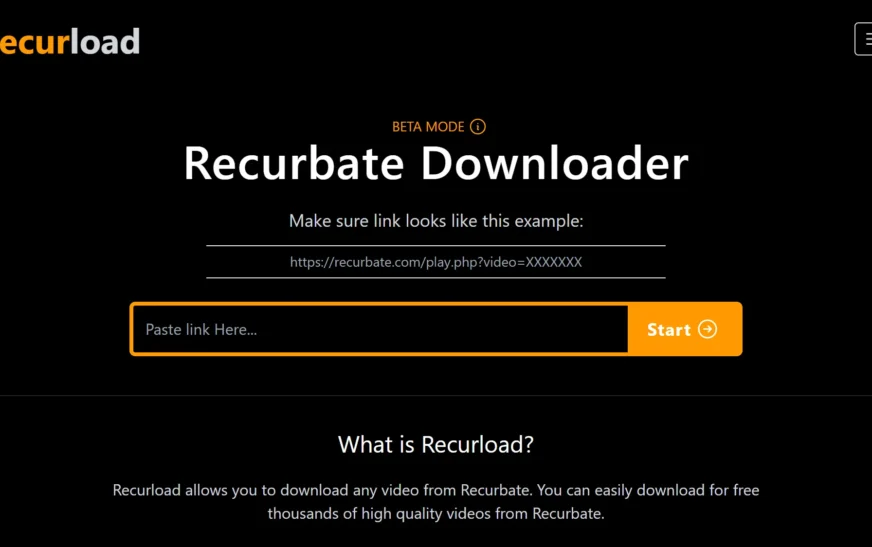Buying a small business is a significant investment. Before making a purchase, it’s crucial to assess the financial health of the business to ensure you’re making a sound decision. Here are the key steps to evaluate the financial health of a small business before buying.
1. Review Financial Statements
Start by reviewing the business’s financial statements, including the balance sheet, income statement, and cash flow statement. These documents provide a comprehensive overview of the company’s financial performance and position.
Balance Sheet: Shows assets, liabilities, and equity. Check for the company’s liquidity and overall financial stability.
Income Statement: Details revenue, expenses, and profits. Analyze trends in revenue and profit margins.
Cash Flow Statement: Reflects cash inflows and outflows. Ensure the business has positive cash flow and can meet its obligations.
2. Analyze Profitability
Examine the business’s profitability by looking at key metrics such as net profit margin, gross profit margin, and operating profit margin. Compare these metrics to industry standards to gauge how well the business performs relative to competitors.
3. Assess Revenue Trends
Look at revenue trends over the past three to five years. Consistent revenue growth is a positive sign, while fluctuating or declining revenues could indicate underlying issues. Identify any seasonal variations and understand the reasons behind revenue changes.
4. Evaluate Debt Levels
Analyze the business’s debt levels and how they impact financial stability. Review the debt-to-equity ratio and assess whether the business can comfortably service its debt. High levels of debt may pose a risk and affect the business’s financial health.
5. Check for Unusual Expenses
Identify any unusual or non-recurring expenses that might impact profitability. Look for items like one-time legal fees, large asset purchases, or significant repairs. Understanding these expenses helps assess the true operating costs of the business.
6. Review Tax Returns
Examine the business’s tax returns for the past few years. This provides insight into reported income and expenses and can help verify the accuracy of financial statements. Look for discrepancies between tax returns and financial statements.
7. Evaluate Working Capital
Calculate the business’s working capital by subtracting current liabilities from current assets. Positive working capital indicates the business can cover short-term obligations, while negative working capital may signal financial difficulties.
8. Assess Cash Flow
Analyze the cash flow to ensure the business generates enough cash to support operations and growth. Look for consistent positive cash flow and assess how the business manages its cash reserves.
9. Review Accounts Receivable and Payable
Examine the business’s accounts receivable and accounts payable. High levels of overdue accounts receivable can indicate collection issues, while delayed accounts small business payable might affect relationships with suppliers. Assess the efficiency of the business’s credit and collection practices.
10. Check for Financial Red Flags
Be on the lookout for financial red flags such as significant fluctuations in earnings, irregular accounting practices, or inconsistent financial reporting. These may indicate potential issues that warrant further investigation.
11. Evaluate Business Valuation
Consider obtaining a professional business valuation to get an objective assessment of the business’s worth. A valuation takes into account financial performance, market conditions, and future earning potential.
12. Conduct Due Diligence
Perform thorough due diligence by reviewing legal documents, contracts, and any potential liabilities. Ensure there are no hidden financial risks or legal issues that could impact the business’s financial health.
Conclusion
Evaluating the financial health of a small business before buying is crucial to making an informed investment decision. By thoroughly reviewing financial statements, analyzing profitability, and assessing debt levels, you can gain a clear understanding of the business’s financial stability. Conducting due diligence and seeking professional advice will further ensure that you’re making a sound purchase.






